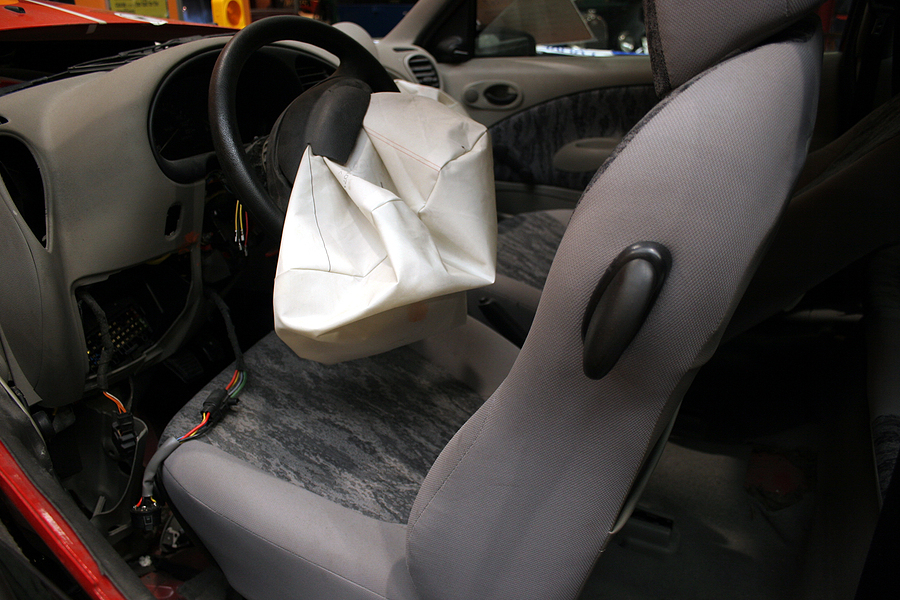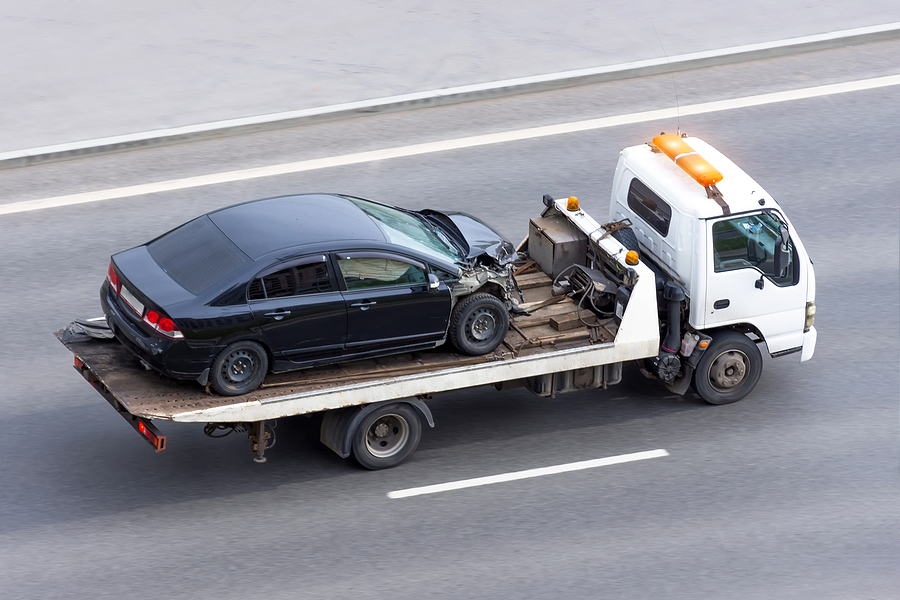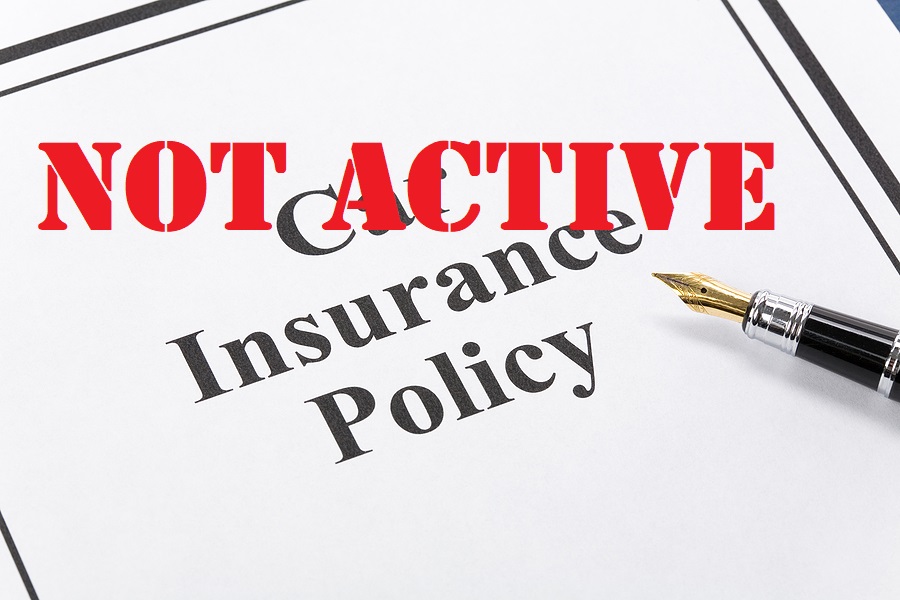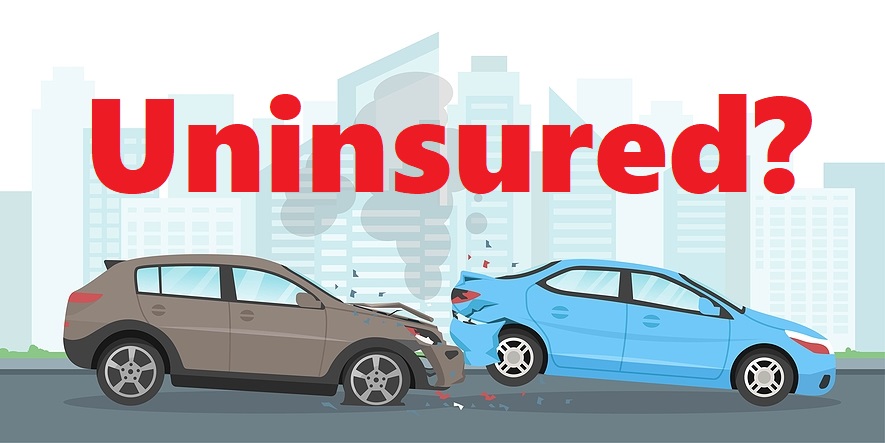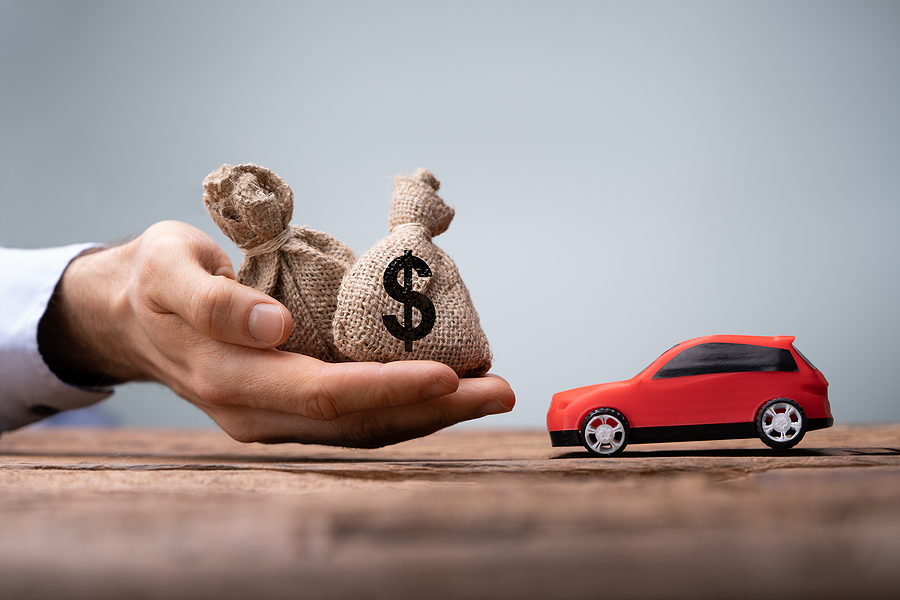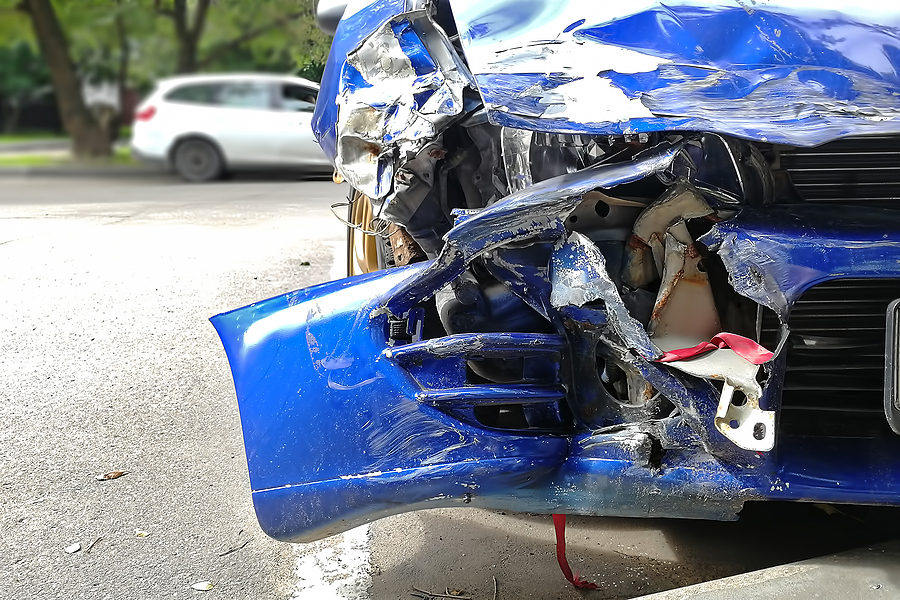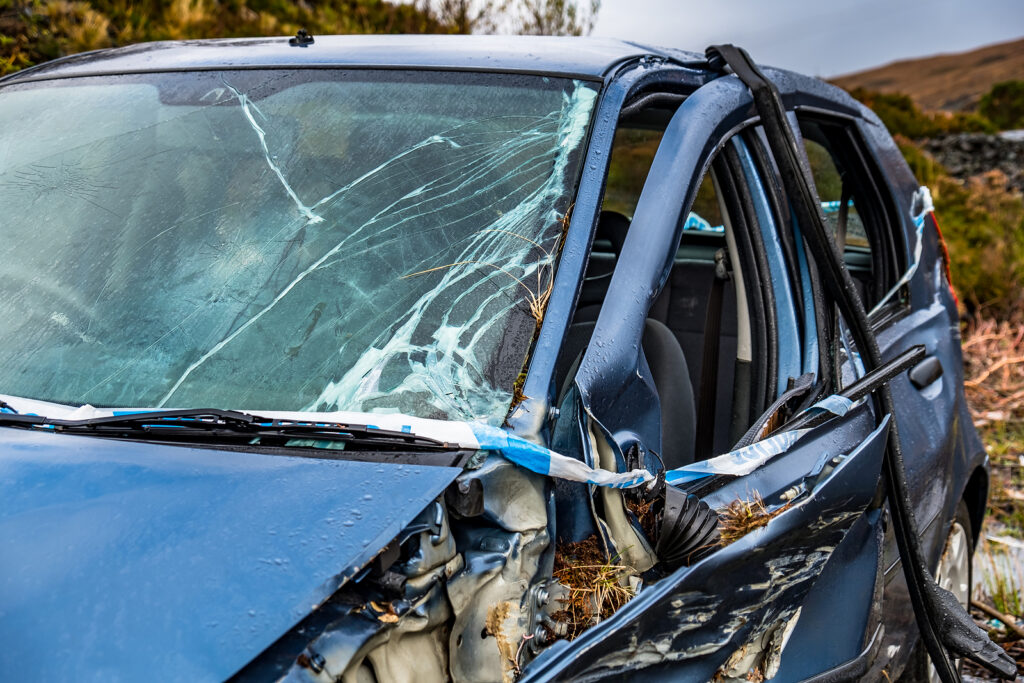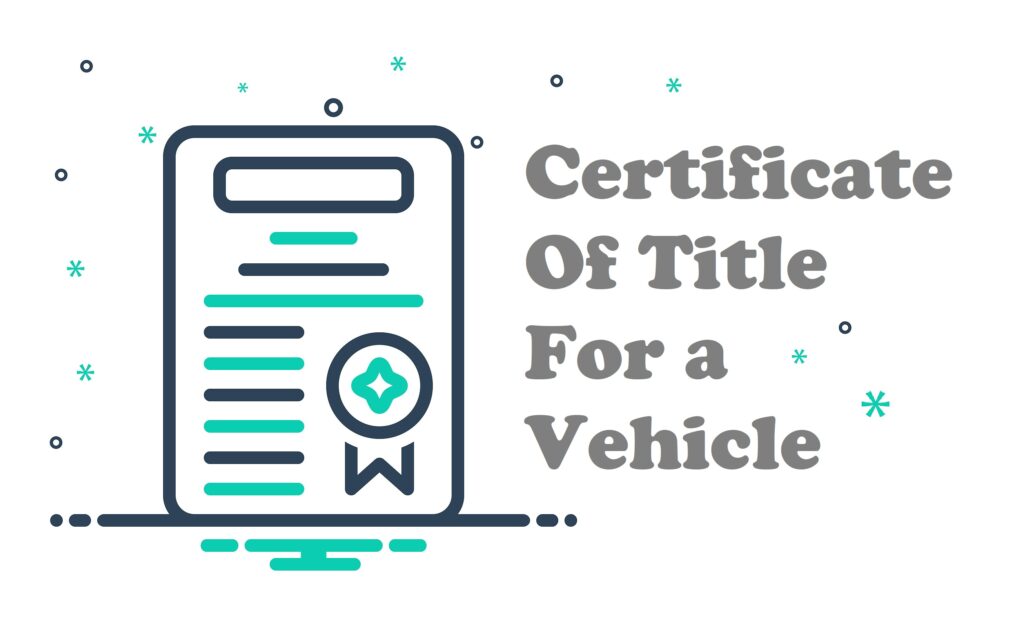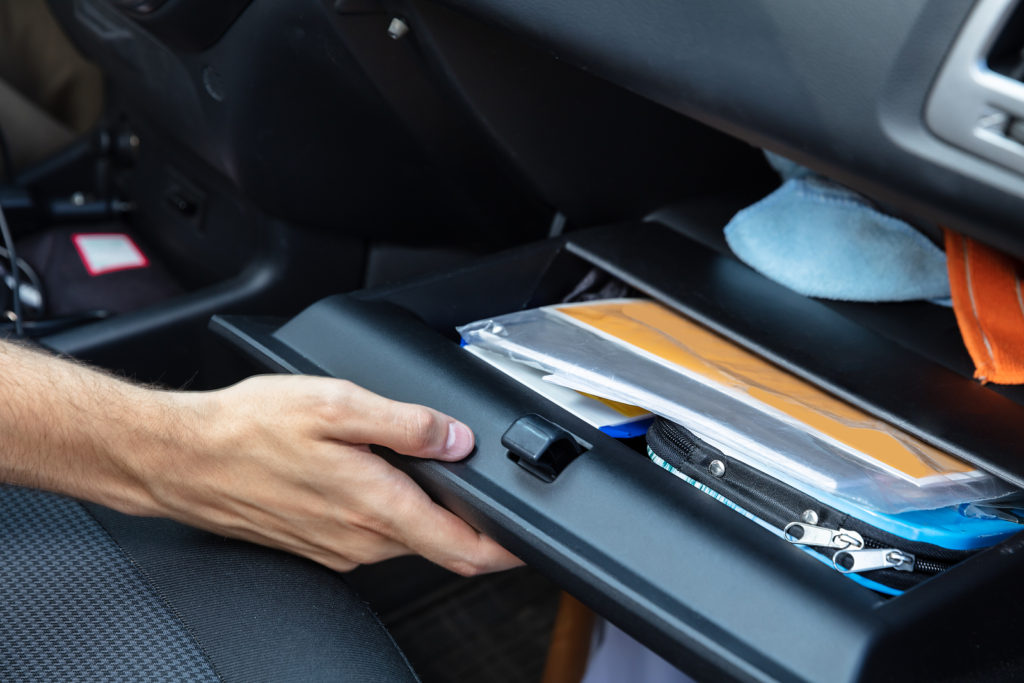As a vehicle owner, there comes a time when your trusty car reaches the end of its life. Whether it’s due to an accident, extensive wear and tear, or simply old age, knowing your most profitable options for an end-of-life vehicle is essential. Not only can it help you recover some of your investment, but it also ensures that your vehicle is disposed of responsibly.
This guide will walk you through various strategies for maximizing the value of your end-of-life vehicle, covering everything from understanding junk car value to selling for parts, dealing with junkyards, and even the benefits of donating your vehicle. Let’s dive in and explore the best ways to make the most out of your totaled, wrecked, or scrap car.

Junk Car Value: Factors Involved in Appraisal
Before you decide what to do with your end-of-life vehicle, it’s important to understand its value. The value of a junk car is influenced by several factors, including its actual cash value (ACV) and salvage value.
Actual Cash Value (ACV): This is the market value of your vehicle before it was declared a total loss. Insurance companies usually calculate ACV by considering the car’s make, model, year, mileage, and overall condition.
Salvage Value: This is the estimated value of your vehicle in its damaged state. It’s usually a percentage of the ACV and takes into account the costs of repairs and parts that can be salvaged.
Factors Impacting Junk Car Value
Age and Condition: Newer vehicles or those in relatively good condition will fetch a higher price compared to older, heavily damaged cars.
Make and Model: Popular makes and models tend to have higher demand for parts, which can increase your car’s value.
Mileage: Lower mileage generally indicates less wear and tear, boosting the car’s value.
Location: Market demand varies by location, affecting the overall value.
Current Scrap Metal Prices: The fluctuating prices of scrap metal like steel, aluminum, and copper play a significant role in determining your car’s worth.
Selling for Parts: The Pros and Cons
One of the most profitable options for a scrap vehicle is selling its parts individually. However, this approach comes with its own set of advantages and disadvantages.
Pros of Selling for Parts
- Higher Profit: Selling parts separately often yields more money than selling the car as a whole.
- Demand for Specific Parts: High-demand parts like engines, transmissions, and catalytic converters can fetch a good price.
- Sustainable Option: Parting out your car ensures that functional components are reused, reducing waste.
Cons of Selling for Parts
- Time-Consuming: Dismantling a vehicle and selling parts individually requires significant time and effort.
- Storage Space: You’ll need space to store the parts until they’re sold.
- Expertise Needed: Knowing which parts are valuable and how to remove them properly requires some mechanical knowledge and will cost you in labor.
Tips for Maximizing Profit from Parting Out a Vehicle
- Research Part Values: Check online marketplaces and forums to understand the going rates for different parts.
- Target High-Demand Parts: Focus on selling parts that are in high demand, such as engines, transmissions, and electronics.
- Advertise Widely: Use online platforms like eBay, Craigslist, and specialized car part websites to reach a broader audience.
- Provide Detailed Descriptions: Include clear photos and detailed descriptions of each part to attract potential buyers.
What to Know About Selling to a Junkyard
Another common option for an end-of-life vehicle is selling it to a junkyard. Junkyards buy vehicles for their scrap metal and usable parts, offering a quick and hassle-free way to get rid of your car. Junkyards assess the value of your vehicle based on its weight and the demand for its parts. They typically offer a flat rate or price per ton of metal. Some junkyards also provide towing services, which can save you the trouble of transporting your car.
What to Consider When Selling to an Auto Salvage Yard:
- Get Multiple Quotes: Contact several junkyards to compare offers and ensure you’re getting the best deal.
- Check for Hidden Fees: Some junkyards may charge for towing or administrative fees, so clarify these details upfront.
- Verify Licensing: Ensure the junkyard is licensed and follows environmental regulations for vehicle disposal.
Advice on Choosing the Right Junkyard
- Reputation: Look for reviews and ratings online to find a reputable junkyard.
- Transparency: Choose a junkyard that provides clear and transparent pricing.
- Customer Service: Good customer service can make the process smoother and more pleasant.
Donating Your Vehicle: Is It Worth It?
If you’re not primarily concerned with profit, donating your end-of-life vehicle can be a rewarding option. Many charitable organizations accept vehicle donations and use the proceeds to fund their programs. Donating your vehicle to a qualified charitable organization can provide tax benefits. The amount you can deduct depends on the car’s fair market value and how the charity uses the vehicle.
Overview of the Donation Process
- Choose a Charity: Select a reputable organization that aligns with your values.
- Determine Eligibility: Ensure your vehicle meets the charity’s donation criteria.
- Complete the Paperwork: Fill out the necessary forms, including the title transfer and donation receipt.
- Arrange for Pickup: Most charities offer free towing services for donated vehicles.
Organizations That Accept Vehicle Donations
- Habitat for Humanity: Uses proceeds from vehicle donations to build homes for families in need.
- Goodwill: Sells donated vehicles to fund job training and employment programs.
- The Salvation Army: Accepts vehicle donations to support its various social services.
In Summary
There are several profitable options for dealing with an end-of-life vehicle. Whether you choose to sell it for parts, sell it to a junkyard, or donate it to a charitable organization, each option has its own set of benefits and considerations. Properly disposing of your end-of-life vehicle not only helps you recover some of your investment but also contributes to environmental sustainability by recycling valuable materials and reducing waste.
We encourage you to evaluate your priorities and choose the option that best suits your needs. If you’re looking to maximize your profit, selling for parts or to a junkyard might be the way to go. If you’re interested in giving back to the community and benefiting from tax deductions, donating your vehicle could be a worthwhile choice.
Ready to take the next step? Start exploring your options today and make the most out of your end-of-life vehicle. Contact us at 317-450-3721 to speak with an Indianapolis cash for junk cars buyer and get a free offer today. We serve all of Central Indiana and offer free junk car removal services.
Related Posts:
Should I Try to Sell My Old, Wrecked Vehicle?
Unwanted Vehicle? Top Strategies for Removing Your Junk Car
Does My Car Have Too Many Miles On It?

